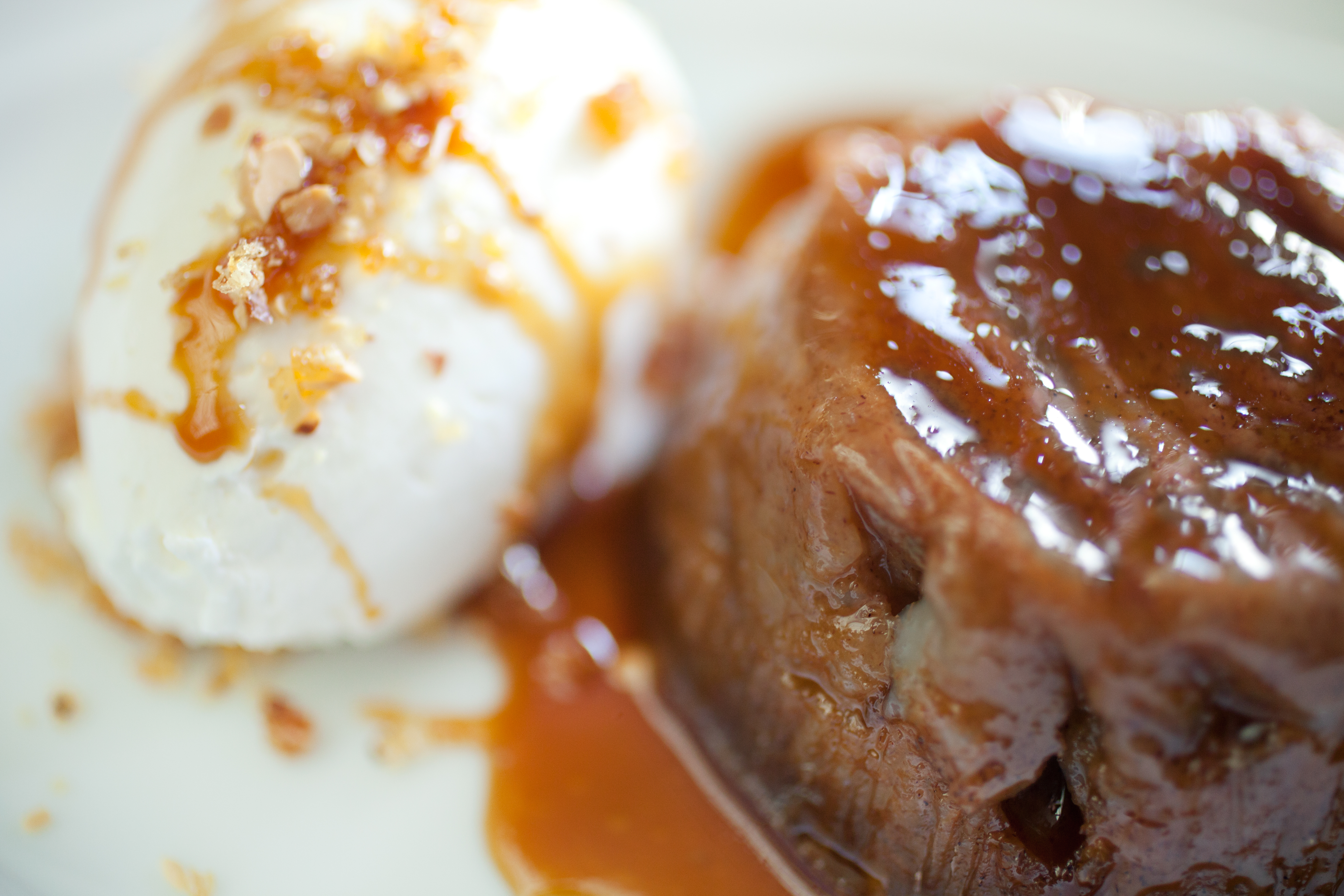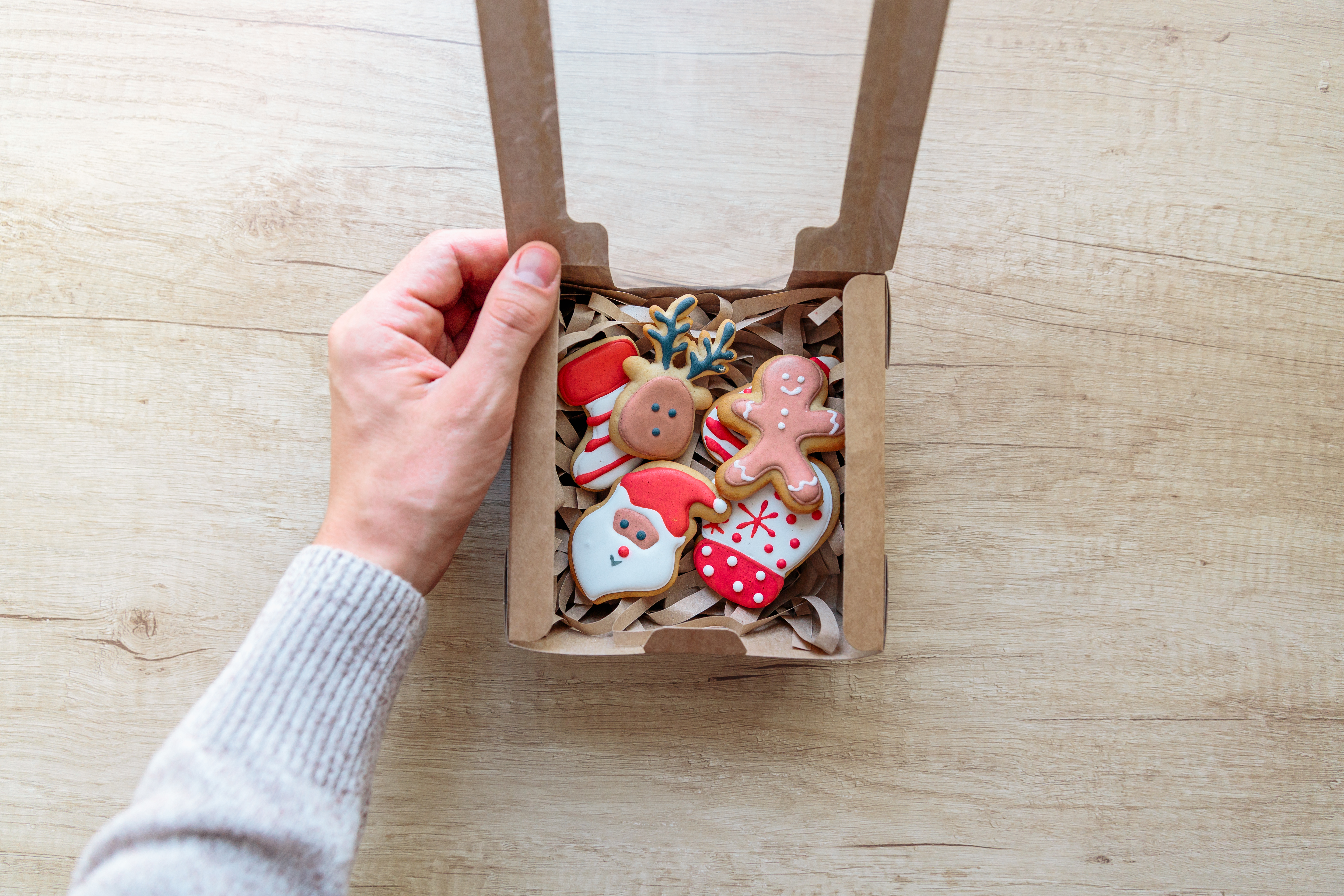The number one winter dessert you shouldn’t eat revealed by an expert
We hate to sound like Christmas scrooge but maybe swerve this festive sugar bomb.


Comfort foods and warm desserts are certainly a highlight of winter. From festive sweets to puddings with custard, this time of year brings with it a vast array of tasty grub.
But there’s one classic winter treat you might want to steer clear of, according to Dr Jerome Sebah, founder of The Dentist Gallery.
‘As much as we love it, sticky toffee pudding is undoubtedly the absolute worst dessert for your teeth’, he reveals.

Our teeth take somewhat of a battering over winter, especially during the festive season, with all the sweet treats, and sticky toffee pudding seems to be one of the biggest culprits.
Dr Jerome, who is also ambassador for Arm & Hammer and Waterpik explains: ‘The sugar soaked sponge can get stuck into your gumline, even after brushing. The stickiness combined with a high sugar content means it the best food for bacteria that sits between the teeth. As it goes unnoticed there, the bacteria will use it as fuel, transforming it to acid, which will destroy the enamel and start decay.’
In fact, a quick search on Google led us to find a supermarket own brand sticky toffee pudding, which contained a staggering 31.4g of sugar per 100g.
Dr Jerome adds that other festive desserts that can be a nightmare for our teeth include Eton mess, caramel slice and Christmas bomb. But there are ways to have your cake and eat it, without wreaking havoc for your oral health.
GoodtoKnow Newsletter
Parenting advice, hot topics, best buys and family finance tips delivered straight to your inbox.

‘For any desserts that are baked you could use the sweetener Xylitol, which is an extract from birchwood. It has the same sugary taste but isn’t a carbohydrate, which means that bacteria can’t use it. Xylitol has also been proved to disrupt the biofilm, which means it leaves a layer on the teeth that doesn’t allow the bacteria to attach to the surface of the teeth.’
READ MORE: Artificial sweeteners: How bad for you are they, and what can you use instead?
Another option to help neutralise the acid in your mouth is to munch on cheese, or crudité with hummus.
Christmas food plays such havoc with our gnashers that Dr Jerome admits to completing more fillings during February, following the festive season.
To care for your teeth over the sugary Christmas period, and in general, Dr Jerome suggests drinking water throughout the day as this will wash out the sticky sugar.
He also recommends flossing, which cleans deep between teeth and the gumline.
‘Plus, using a toothpaste such as Arm & Hammer Enamel Repair during this period can be helpful as it repairs the enamel surface in five days.'
Well, we're crossing sticky toffee pudding off the shopping list then...

Freelance writer Lucy Gornall is the former health and fitness editor for various women’s magazines including Woman&Home Feel Good You. She has previously written for titles including Now, Look and Cosmopolitan, Woman, Woman's Own, Woman's Weekly and Chat. She lives and breathes all things fitness.